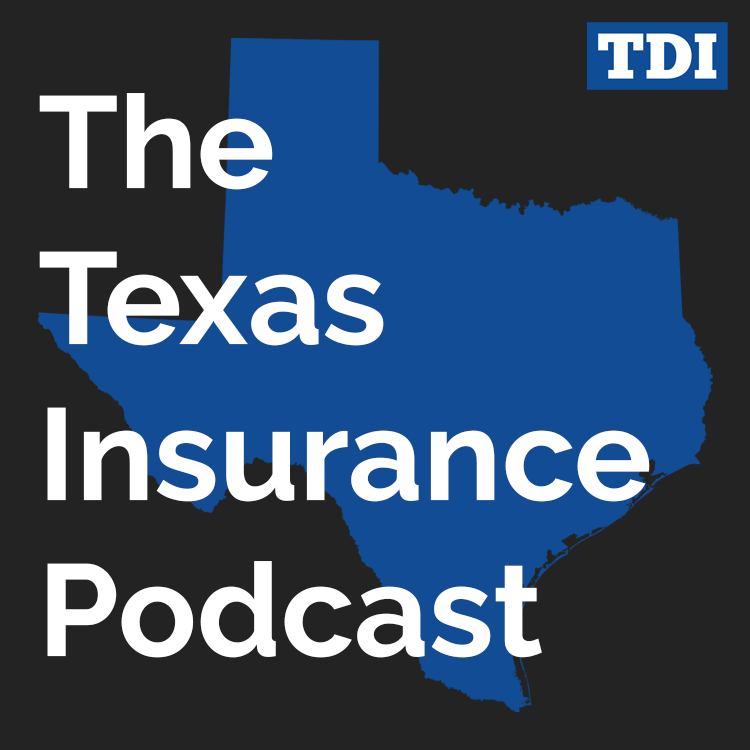Insurance fraud is an illegal act in which someone lies or intentionally misrepresents facts about insurance for financial gain. Knowing the common types of insurance fraud can help you recognize and prevent it.
Does insurance fraud affect me?
We all pay the costs of fraud because it drives up insurance costs.
Some estimates:
- Fraud in the U.S. steals more than $300 billion a year from all of us.
- Non-medical insurance fraud costs the average American family $400 to $700 a year in higher premiums.
What are some kinds of insurance fraud, that consumers should watch for?
- Agent fraud: Insurance agents commit fraud when they sell fake policies, lie on an insurance application, or keep your premium for their personal use.
- Health care provider fraud: Doctors and hospitals commit fraud when they over-bill insurance companies for services they provided, bill for services they didn't provide, or perform unnecessary tests and procedures.
Insurance fraud can take many forms. What would be some examples?
- Auto accident fraud: People commit auto accident fraud by padding their claims or filing a claim for an accident or theft that never occurred. Another example is having an accident without insurance. Insurance is purchased after the accident and then a claim is submitted, stating the accident happened after purchasing insurance. We call these “bash and buy” schemes or policy application fraud.
- Homeowner fraud: People commit homeowner fraud when they exaggerate or pad claims or file fake claims, including burglary and arson claims.
- Mortgage fraud: Residential mortgage fraud occurs when borrowers make false or misleading statements to get mortgage loans. Mortgage fraud also includes diverting escrow funds at settlement.
Is there a way to tell if someone selling insurance is legitimate?
Yes. Anyone selling insurance in Texas must register with the state. And most vendors must be licensed.
You can check if someone is registered or licensed by calling TDI’s Help Line at 800-252-3439. It’s open 8 a.m. to 5 p.m. weekdays. You can also check a license status on our website.
Some of my relatives are older Texans. Are people like them more likely to be fraud victims?
Unfortunately, yes. Some older residents are more likely to answer calls from people they don’t know. We should all be wary of anyone who calls unsolicited.
Are there red flags we should look for when someone is trying to sell you insurance?
Be wary if someone tells you that you must act today, or you’ll lose the chance to get an offer. No legitimate insurance plan has such a purchasing time pressure. Take your time while shopping. It's also a good idea to talk to your family or a financial adviser before you buy.
Be wary too if someone urges you to cash in an annuity or life insurance policy to buy a new annuity, life insurance policy, or other investment. Annuities and life insurance are generally worth more the longer you keep them. Changing to a new annuity or policy during the first three to five years can cause you to lose money.
One other tip: If someone calls or visits and claims to be from Medicare, Social Security, or another government agency, say goodbye. Sales agents who say they’re with the government are breaking the law.
What if someone feels like they’re being overcharged for coverage. Is this fraud?
Most companies doing business in Texas are required to file their rates with TDI and must charge the rates it has filed. So, fraud might not apply to what you’re paying.
Still, you have the option of filing a complaint with TDI if you disagree with a claim denial or the amount your insurance company is paying to settle a claim. You can file a complaint online or by calling TDI’s Help Line.
How is insurance fraud investigated?
TDI's Fraud Unit is a law enforcement agency and investigates allegations of insurance fraud. Its investigators make referrals to state and federal prosecutors when evidence supports filing criminal charges.
What do I do if I suspect insurance fraud?
If you know or suspect that someone has committed insurance fraud, Texas law requires you to report it within 30 days. The law protects you from any retribution or liability for reporting fraud in good faith.
If you suspect fraud, or think you've been a victim of insurance fraud, report it to the TDI Fraud Unit. You can report fraud online or by calling our Help Line at 800-252-3439.
Report fraud involving Medicare, Medicaid, or drug or health care discount programs to the Texas Attorney General's Consumer Protection Hot Line at 800-621-0508.






